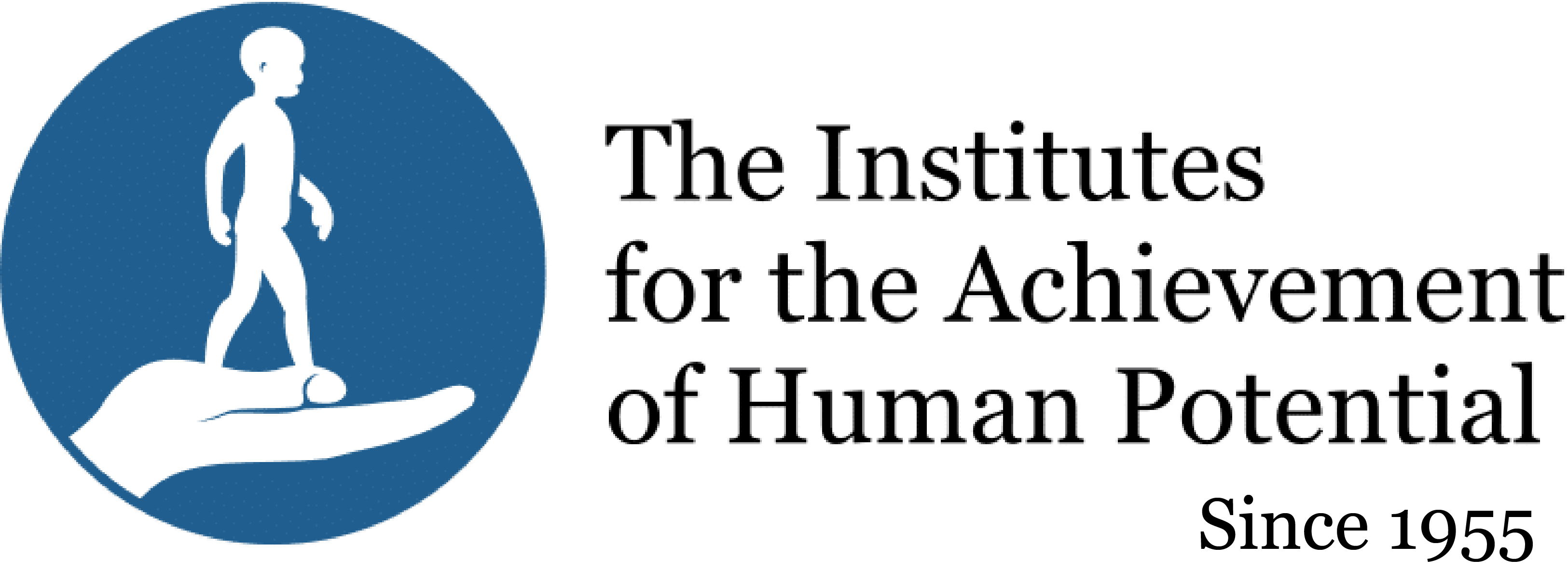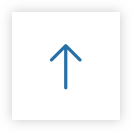How To Teach Your Baby Math
Young children have an innate ability to parse the language of numbers. Teaching the formal rules of mathematics should not be the painful, stressful process that many of us remember from school—it should simply mean tapping into our natural instinct to learn. Programs from The Institutes are built to do just that.


 Donate
Donate





